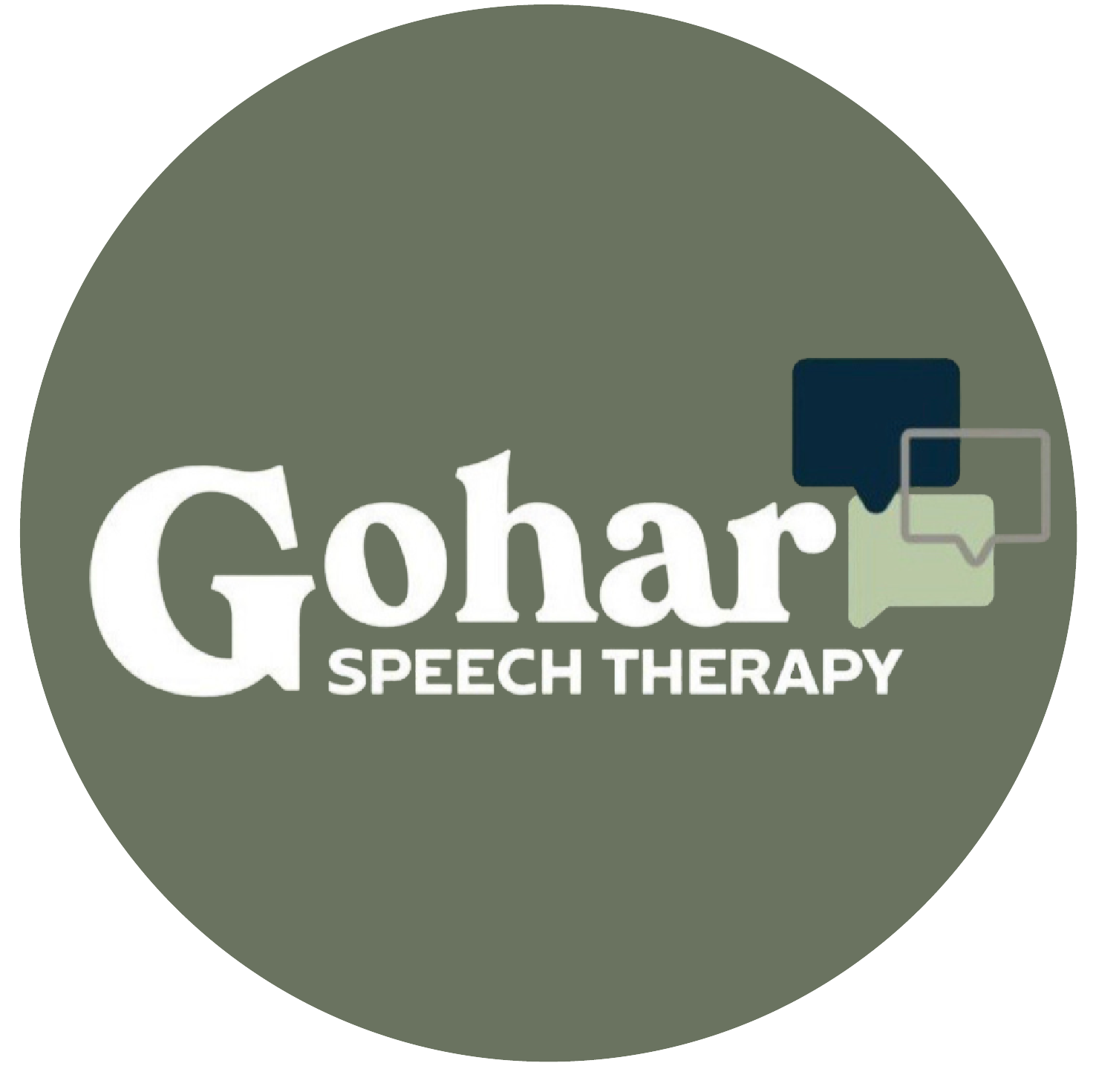
ABA Services
Pediatric ABA (Applied Behavior Analysis) therapists use the principles of behavior to help children develop skills and reduce problem behaviors. Some of the ways that pediatric ABA therapists can help children include:
Developing new skills: ABA therapy can help children learn new skills, such as communication, social skills, and self-care. The therapist will break down the skill into smaller, manageable steps and use positive reinforcement to encourage the child to learn and practice each step.
Reducing problem behaviors: ABA therapy can help children reduce behaviors that interfere with their daily lives, such as tantrums, aggression, and self-injury. The therapist will identify the triggers for the behavior and develop a plan to teach the child a more appropriate behavior to replace the problem behavior.
Improving social skills: ABA therapy can help children with autism spectrum disorder or other social communication difficulties develop social skills, such as taking turns, making eye contact, and initiating conversations.
Increasing independence: ABA therapy can help children become more independent by teaching them self-care skills, such as dressing, grooming, and feeding themselves.
Improving academic performance: ABA therapy can help children improve their academic performance by teaching them study skills, such as focusing on tasks and following directions.
Generalizing skills: ABA therapy can help children apply newly learned skills across different settings and with different people.
Parent training: ABA therapy can involve parent training to help parents learn how to use the principles of ABA to reinforce positive behaviors and reduce problem behaviors at home.
Overall, pediatric ABA therapists work to help children develop skills and behaviors that will improve their quality of life and enable them to participate more fully in daily activities.

